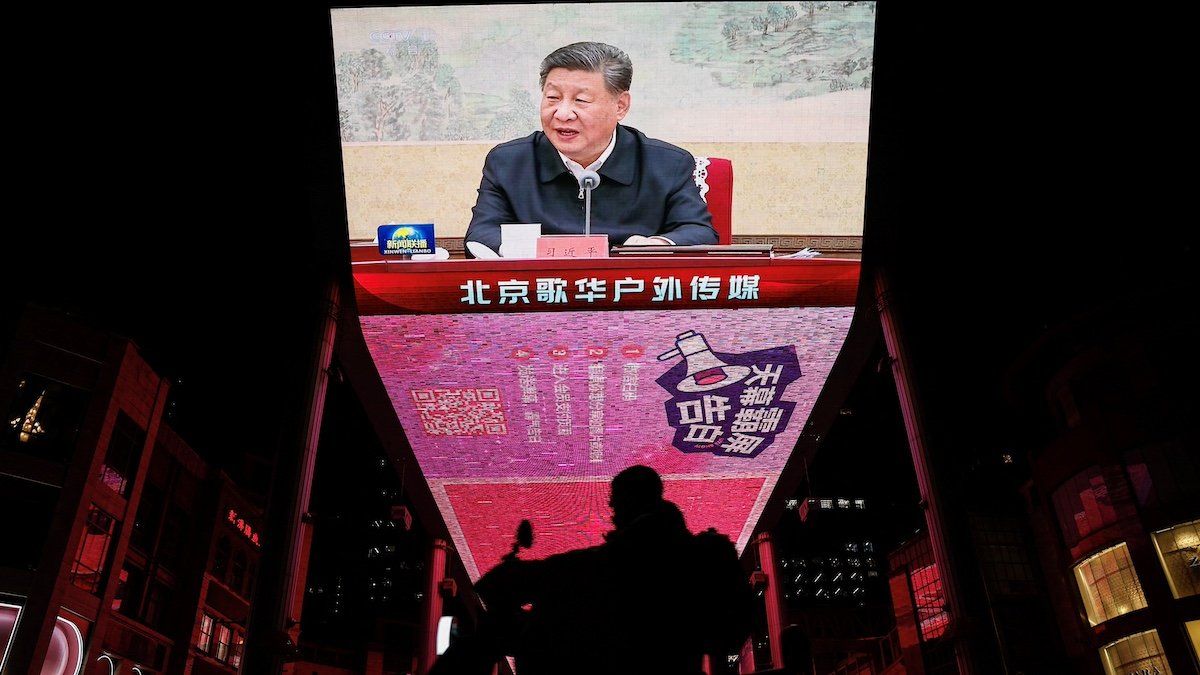China’s Politburo — the top leadership cabinet — said Monday it would take “more proactive” fiscal measures and loosen up its monetary policy in 2025 as it aims to boost domestic consumption. The body met ahead of the annual Central Economic Work Conference, reportedly scheduled for Wednesday and Thursday, at which the country’s economic policy priorities for the coming year are laid out — and one of those priorities is gearing up for Donald Trump.
The background: China has experienced over three years of economic turmoil that originated in the all-important property market, where most Chinese households keep their long-term savings. Defaults and halted constructions from major developers dovetailed with a local government debt crunch to place tremendous headwinds against economic growth, leading to stock market turbulence and high youth unemployment.
Beijing has attempted to goose growth with monetary easing (aka lowering central bank interest rates) since September and unveiled a $1.4 trillion debt package aimed at stabilizing growth in November. But kickstarting the economic engine is proving difficult.
Watch out for Trump: The incoming US president is promising to hike tariffs on Chinese goods, having mentioned figures as high as 60% on the campaign trail. While tariffs are a laborious way to cut off one’s nose to spite one’s face and are likely to hurt the US economy, Beijing’s exports are one of the few sectors doing well right now. Getting to a stable footing before the trade barriers go up must be a high priority.
China isn’t just playing defense though: US chip-making giant NVIDIA saw its stock slide 3% on Monday after news broke that Beijing was opening an antitrust investigation. NVIDIA has been a darling of investors during the AI boom, with shares nearly tripling in value this year — but this shot across the bows is a sign of what could come.
